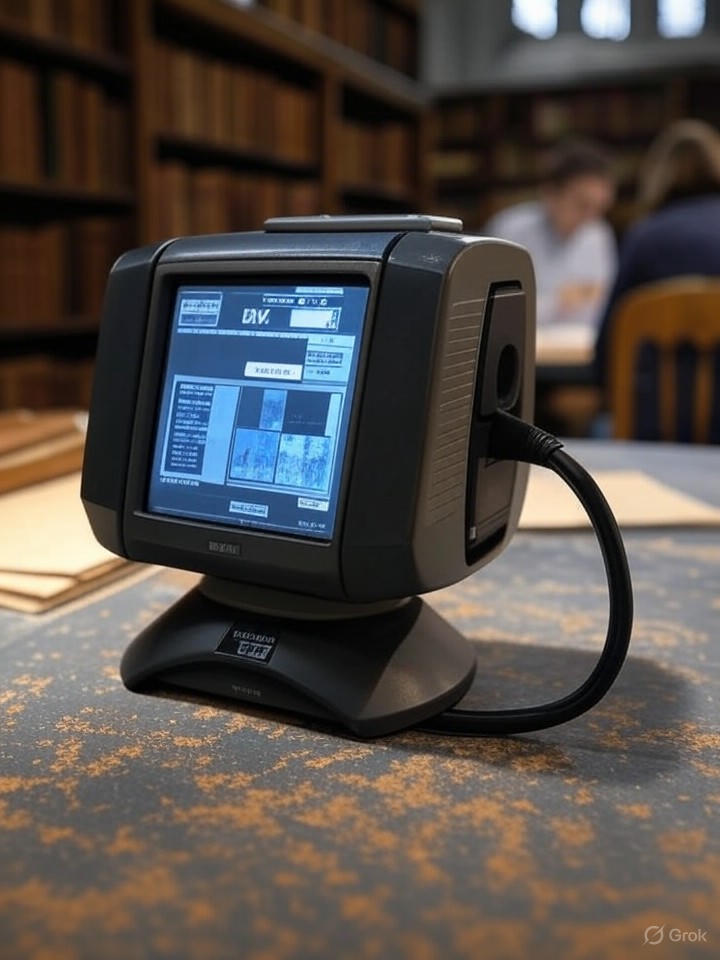On October 9, 2023, the Festival of Floppies took place at Cambridge University Library, revitalizing interest in obsolete floppy disks. This event aimed to address the challenges of digital obsolescence by uniting archivists, retro-computing enthusiasts, and conservation experts. The festival was part of the Future Nostalgia project, which seeks to preserve cultural artifacts stored on these fragile disks, a technology that was widespread in personal computing from the 1980s to the 1990s.
Participants engaged in hands-on workshops, learning techniques to image floppy disks using specialized tools like the KryoFlux. This device captures raw magnetic flux data, allowing for the preservation of both files and the disks’ underlying structures. The urgency of the situation was evident as many of these disks face degradation from mold, dust, and magnetic decay. They contain invaluable cultural artifacts, such as personal letters and early digital art.
Collaboration Fuels Preservation Efforts
The festival emphasized collaboration, attracting individuals from various fields, including libraries, archives, and gaming communities. Attendees benefited from presentations on a range of topics, including the ethical considerations of data recovery and innovative cleaning techniques for contaminated disks. One notable presentation focused on the difficulties posed by non-standard formats, highlighting how the trial-and-error methods employed by retro-computing hobbyists have become essential for professional archivists.
Practical sessions on disk imaging workflows underscored the need for standardized best practices. As noted in a post on the Digital Preservation at Cambridge University Libraries blog, the event fostered a sense of community. Participants exchanged stories of “disk disasters” and successes, including the recovery of data from seemingly ruined media. This sharing of knowledge is crucial, especially as floppy disks often enter collections from donors who are retiring or from the estates of the deceased, sometimes containing historical documents, including those of Stephen Hawking.
Technological Innovations on Display
Technical demonstrations at the festival showcased advanced tools that surpass basic USB drives, revealing their inadequacy for preservation purposes. The KryoFlux, for instance, enables bit-level imaging, creating accurate digital replicas for analysis and migration to modern formats. Participants also explored software like the HxC Floppy Emulator, which emulates old hardware environments, facilitating access to locked files.
Discussions extended to the broader implications for digital heritage, examining the environmental considerations of preserving physical media versus migrating data to cloud storage solutions. The festival positioned floppy disks not merely as outdated artifacts but as vital connections to personal and cultural histories, with artistic installations reflecting the pixelated aesthetics of their time.
As the Festival of Floppies concluded, it set a precedent for similar initiatives globally, aiming to mitigate what some experts regard as a potential “digital dark age.” By documenting workflows and sharing resources, Cambridge seeks to empower smaller institutions that may lack specialized equipment. Success stories highlighted during the event included imaging disks from the library’s own collections, which contained unpublished manuscripts and early software prototypes.
The festival’s legacy advocates for increased funding and training in digital preservation, ensuring that the data we create today does not become obsolete tomorrow. As floppy disks gradually fade from use, the insights gained through this event—melding nostalgia with cutting-edge technology—provide a roadmap for safeguarding our evolving digital heritage. Ultimately, the festival served as a reminder that preservation encompasses both innovation and memory.







